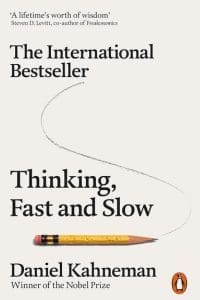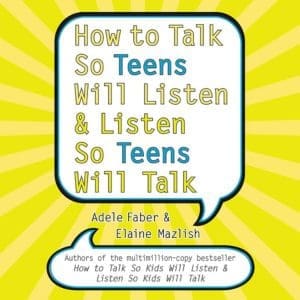Conversations with Kids: For Sports Parents: Helping Young Athletes Take Ownership
For parents and guardians where we give you prompts so that you can have more meaningful conversations with your children to help them build key characteristics such as mental toughness, resilience, confidence, creativity, focus and so on.
A Question for your Kids
When things don’t go your way in sport, like not getting picked, making mistakes, or finding training tough. What do you do next? Do you look for someone to blame, or do you look for something you can control?
This question comes from insights shared by former Premier League defender and Newcastle United coach Peter Ramage, who explained on our podcast that young athletes grow fastest when they learn to take responsibility, stay grounded, and talk openly during both the highs and lows.
Encouraging your child to reflect on this helps them understand that success is not just playing well, it’s how they respond to challenges.

Improves:
- Responsibility
- Resilience
These two qualities work hand-in-hand. When young athletes learn to take ownership of their actions, attitude, and effort, they become more resilient when facing setbacks.
Directions for Parents
Young athletes, especially teenagers, can feel overwhelmed by expectations, social comparison, or the fear of letting people down. As Peter shared, even professional athletes sometimes struggle to stay grounded or speak up.
Here’s how you can support your child:
- Normalise disappointment. Let them know setbacks are a normal part of progression — even professional players sit on benches, lose form, or feel frustrated.
- Shift focus to controllables. Help them identify what they can always control: effort, attitude, communication, work rate.
- Encourage honest conversations. Reinforce that talking about worries or frustrations is a strength, not a weakness.
- Praise behaviours, not outcomes. Highlight courage, persistence, and responsibility — not just performance or results.
- Avoid rescuing too quickly. Let them problem-solve. Growth happens when they learn to navigate challenges themselves.
Ideas for Kids
- “When something feels tough, I ask: What’s one small thing I can control today?”
- “If something is stressing me out, I talk to a parent, coach, or friend instead of keeping it inside.”
- “Mistakes don’t mean I’ve failed — they help me improve.”
- “Success isn’t just scoring or winning. It’s trying my best, learning, and staying positive.”
Helpful Resources
» Youth Sports Library
» Mental Health and Resilience: Lessons from an Olympic Medalist
» Helping Young Athletes Deal With Setbacks
If you would like to share your experiences as a sports parent or get insights regarding kids sport psychology, you may also wish to join David in The Sport Psychology Hub.

Best Wishes
David Charlton
Online Sports Psychologist for Kids who supports many youngsters and sports parents so that they have more fun and get the most from their talent across the globe from USA/Canada to Great Britain and Ireland to UAE, South Africa, Australia and New Zealand, using ONLINE Video Conferencing.
Managing Director – Inspiring Sporting Excellence
Host of Demystifying Mental Toughness Podcast
Founder of The Sports Psychology Hub
Author of Conversations for Kids
With over a 15 years experience supporting athletes, coaches, parents and teams to transfer their skills from training to competitive situations, under pressure.







